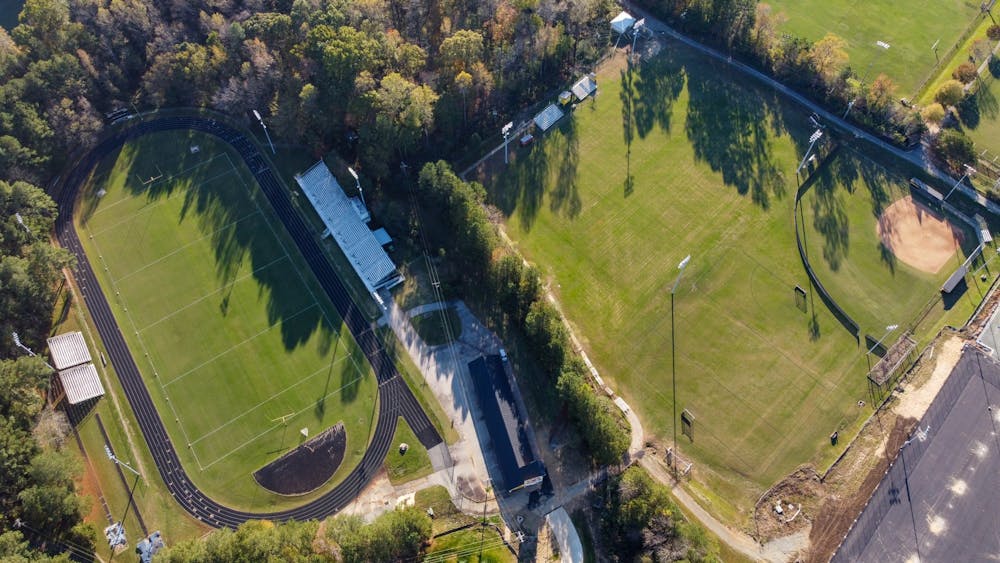Athletics are back in North Carolina high schools, but just what that looks like has varied greatly between public and private schools.
Back in August, the North Carolina High School Athletics Association (NCHSAA) approved an altered schedule that only just started allowing volleyball and cross country teams at public North Carolina high schools to return to practice on Nov. 4, with competition beginning next week.
Meanwhile, the North Carolina Independent Schools Athletic Association (NCISAA), which governs athletics at private schools in the state, has completed its fall schedule — except for its fall football championships.
The cause for the difference in schedules was due to the NCHSAA board of directors voting before the Aug. 12 calendar release to delay the season. An internal survey of NCHSAA member schools revealed that most principals were in favor of playing sports, but delaying most activities until the spring semester.
"We wanted to provide our student athletes the opportunity to participate in sports, just like they always have," Que Tucker, commissioner of the NCHSAA, said.
Right now, the only sports taking place in public high schools are cross country, which is labeled as a low-risk sport by the N.C. Department of Health and Human Services, and volleyball, which is a medium-risk sport. Those sports can also only be played if each schools' county school board votes to return to athletics in line with the NCHSAA calendar.
Tucker said because the NCHSAA governs public schools, the recommendations of the health department regarding amateur athletics are more like mandates that the public schools must follow. That means high-risk sports like football won't be played until the state gives the go-ahead for public schools.
"We (need to) get a green light, if you want to put it that way, from the Department of Health and Human Services. We can't play football right now," Tucker said. "The other entities, while they may be doing some context sports, they're simply going against the recommendation."
Schools in the NCISAA have already nearly finished their fall seasons, opting to delay the full slate of fall sports — cross country, girl's golf, girl's tennis which are low risk; volleyball, boy's soccer and field hockey which are medium risk; and football which is high risk — only until September.



